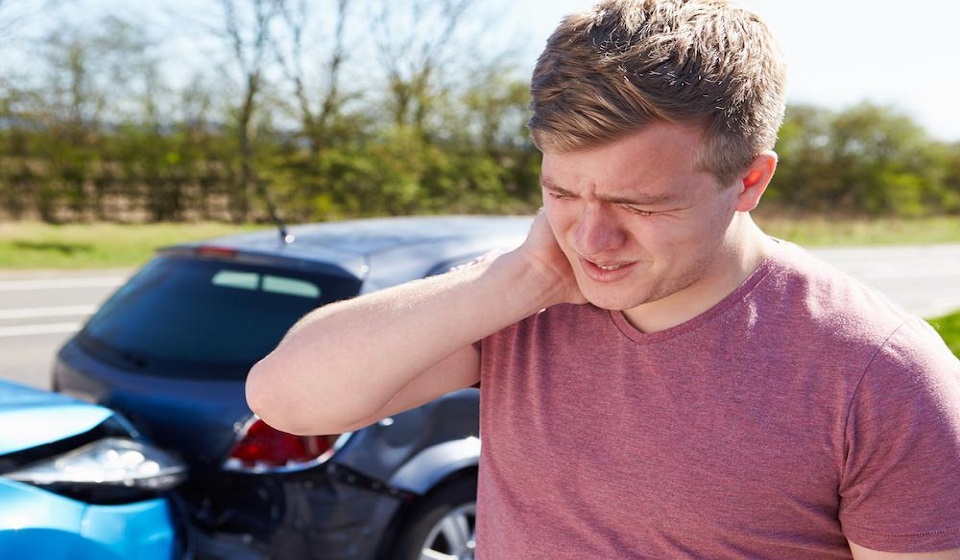
Motor Vehicle Accidents (MVAs) can lead to diverse injuries, impacting physical and mental well-being. Recognizing MVA injury types, assessing severity, and discussing treatment options are vital. This article explores MVA injuries and their management, including MVA injury physiotherapy in Leduc.
What Is MVA Injury?
MVA injuries refer to any physical harm suffered by individuals involved in a motor vehicle collision. MVA injuries in Leduc result from various factors like sudden stops, direct collisions, or body motion during the accident. Injuries range from minor sprains to severe conditions like fractures, spinal cord and brain injuries, and internal organ damage. For effective recovery from MVA injuries in Leduc, consider specialized physiotherapy care.
Different Types of MVA Injuries:
- Soft Tissue Injuries: Common MVA injuries often harm muscles, tendons, ligaments, and other connective tissues. Whiplash, strains, sprains, and contusions fall under this category.
- Fractures and Dislocations: The force exerted during an MVA can cause bone fractures and joint dislocations. Common fractures include broken limbs, ribs, and facial bones, while dislocations often occur in the shoulder, hip, or knee joints.
- Head and Brain Injuries: MVAs can lead to head injuries, ranging from mild concussions to severe traumatic brain injuries (TBIs). These injuries may result from direct trauma to the head or brain hitting against the skull due to sudden deceleration.
- Spinal Injuries: MVA-related spinal injuries can involve damage to the vertebrae, discs or spinal cord. These injuries can cause varying degrees of pain loss from sensation and motor function impairment, depending on the severity of the damage.
- Internal Organ Damage: Blunt force trauma experienced during an MVA can lead to internal injuries, such as lacerations or contusions of organs like the liver, spleen or lungs. These injuries often require immediate medical attention.
- Psychological Injuries: Injuries resulting from motor vehicle accidents (MVAs) encompass both physical and psychological aspects. Besides physical harm, individuals involved in MVAs may suffer from psychological injuries such as post-traumatic stress disorder (PTSD), anxiety, or depression. Emotional trauma and fear stemming from the accident can exert enduring effects on mental health. If you’ve experienced an MVA injury in Leduc, seeking specialized MVA injury physiotherapy can address both your physical and psychological well-being.
Common Injuries in a Car Accident:
The most common injuries seen in car accidents include:
- Whiplash: This occurs due to the sudden jerking motion of the head and neck during an impact leading to neck pain, stiffness and reduced mobility.
- Back Injuries: Strains, sprains and herniated discs can result from forceful movements experienced during an MVA causing back pain and restricted movement.
- Broken Bones: Fractures in the limbs, ribs and facial bones are frequent injuries, often requiring immediate medical attention and potential surgical intervention.
- Head Injuries: Concussions, skull fractures and brain contusions are common head injuries caused by the impact of a collision. These injuries may present with symptoms like headaches, dizziness, confusion or loss of consciousness.
- Internal Injuries: Blunt force trauma can cause internal organ damage resulting in internal bleeding, organ dysfunction or other potentially life-threatening complications.
Assessing Severity of MVA Injuries:
It is essential to assess the severity of an MVA injury to determine appropriate treatment and monitor recovery progress. Signs that an MVA injury may be serious include:
- Severe pain or swelling at the injury site.
- Loss of consciousness or altered mental state.
- Persistent headaches, dizziness or confusion.
- Difficulty breathing or severe chest pain.
- Numbness or paralysis in the extremities.
- Abdominal pain or tenderness.
- Blood in urine or stool.
- Inability to bear weight or move a limb.
- Worsening symptoms over time.
If any of these signs are present, it is crucial to seek immediate medical attention as they may indicate a potentially life-threatening condition or severe injury.
Types of Treatment for MVA Injury in Ledu:
The treatment approach for MVA injuries depends on the specific type and severity of the injury. Common treatment options include:
- Rest and Immobilization: In cases of fractures, sprains or strains, immobilization using casts, splints or braces may be necessary to promote healing and prevent further injury.
- Physical Therapy: Rehabilitation exercises, stretching and strengthening techniques may be prescribed to restore mobility, flexibility and function in injured areas.
- Medications: Pain medications, anti-inflammatories and muscle relaxants may be prescribed to manage pain and reduce inflammation.
- Surgical Intervention: In severe cases of fractures, internal injuries or spinal cord damage, surgery may be required to stabilize fractures, repair damaged tissues or relieve pressure on the spinal cord.
- Cognitive Behavioral Therapy (CBT): For individuals experiencing psychological trauma, CBT or other forms of therapy can help address emotional distress, manage anxiety, and promote psychological healing.
- Assistive Devices: Mobility aids like crutches, canes and wheelchairs may be recommended to aid in movement and reduce weight-bearing stress in injured areas.
- Alternative Therapies: Some individuals may find relief and benefit from complementary therapies like acupuncture, chiropractic care, or massage therapy, although their efficacy may vary.
Conclusion:
Motor Vehicle Accidents (MVAs) can lead to a wide range of injuries, from minor to severe. Having a deep understanding of MVA injuries, their frequency, severity assessment, and available treatment options, including MVA injury physiotherapy in Leduc, is crucial for a successful recovery journey. Swift medical attention and a comprehensive treatment plan play vital roles in restoring both physical and mental well-being after an MVA.

